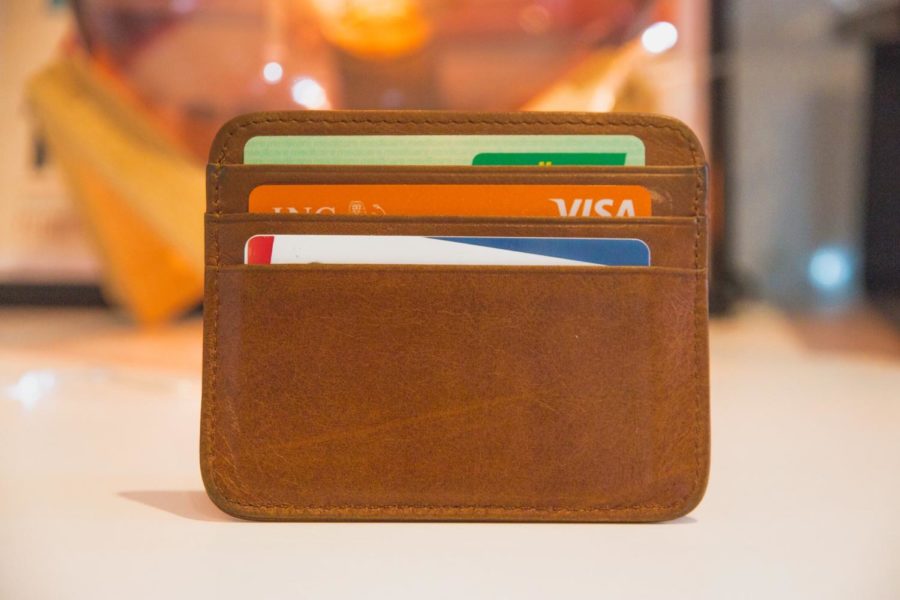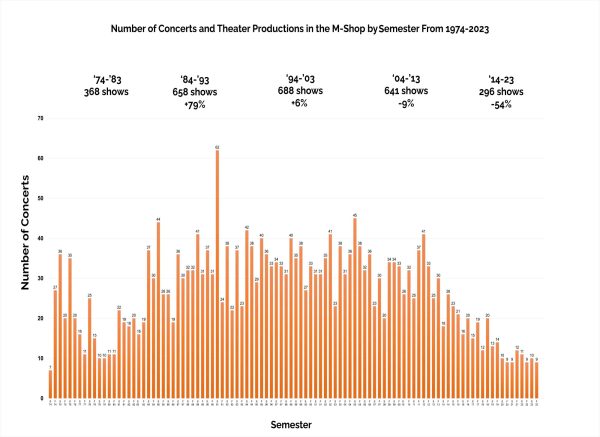How to build credit and budget as a college student
credit cards
April 5, 2022
There are many students who don’t have much knowledge when it comes to finances.
Learning about budgeting can be beneficial when needing to pay off bills, emergencies and credit cards for the future. Most of us have a basic understanding of how to spend money, but what can we do to prepare for spending after college?
Suzanne Bartholomae is a human development and family studies assistant professor. Bartholomae teaches HDFS 183: Personal Finance in Early Adulthood.
“Nobody likes thinking about it, but everyone has financial stress,” Bartholomae said.
She conducts a survey for students taking the full and half-semester courses about their financial knowledge.
Out of 264 students, here were some of their results:
On a scale of 1 to 10, how would you assess your overall financial knowledge? [1 = Not at all knowledgeable, 5 = Somewhat knowledgeable, 10 = Very highly knowledgeable)
-
Average was 5.36
How would you assess your overall financial stress? (1 = No financial stress, 10 = Very high financial stress)
-
Average was 5.66
Do you currently have a personal budget, spending plan or financial plan?
-
71% answered no
Do you regularly put money aside for a future use, such as paying bills, emergency savings or a long-term financial goal?
-
39% answered no
Do you currently have an automatic deposit or electronic transfer set up to put money away for future use (such as savings)?
-
50% answered no
Barthonolmae’s course has students track their spending to see where their money goes, which can help find overspending.
Bartholomae said it’s important to have an emergency fund or a savings fund. Having an emergency fund can be helpful in unsuspecting situations.
Bartholomae also suggests saving your money towards specific goals. Put money aside for aspirations like vacations, concerts, a car etc.
Credit Cards:
As a student, it is important to build credit with a credit card. Building credit as a student will help you get a traditional non-student credit card with a higher limit after graduation.
It’s recommended to only have one student credit card because it is easier to maintain.
This will allow you to increase credit after graduation. To be able to do things like rent a car, make down payments on a house and get loans without a co-signer.
Carolyn Steckelberg is a human development and family studies assistant professor.
“The most important part once you get a credit card is to start using it,” Steckelberg said. “Like groceries, maybe gas, something that you normally would pay for, but use the credit card intentionally for that purchase.”
Her advice is to let the statement generate and then make your payment on your credit card. If you pay the credit card bill before the statement generates, it shows a zero balance on the credit bureau report.
A zero balance each month could potentially show you as a risk because it looks like you are not using your credit.
“I think ideally, you know, try not to use more than 30 percent of your credit limit. That’s ideally,” Steckelberg said.
“Employers look at credit for responsibility,” Bartholomae said. “A credit card is a tool.”
Bartholomae says to not get caught up with the “invisible transactions.” It can be dangerous, and students may get blind-sighted by how much they are spending.
Pay the balance of your credit card statement in full and on time every month. Check your credit report regularly to be aware of your history and current position.
Learn how to check your Credit report.
There are many student credit cards to look into:
-
5% cashback
-
No annual fee
-
Rewards that don’t expire
-
1% cashback with $20 good standing rewards
-
No annual fee
-
No annual fee
-
Complimentary Amazon Prime Student membership

















